Musicians from the ’60s–’80s whose techniques are still studied today
The 1960s to the 1980s were a transformative period for music, with artists who not only shaped the sound of their time but also left a legacy that continues to influence contemporary music. This era saw the rise of iconic musicians whose innovation and creativity set new benchmarks in the industry.
From the Beatles to Prince, these artists broke boundaries and crafted timeless music that still resonates today. Their pioneering efforts are celebrated, studied, and emulated across genres.
The Beatles: Pioneers of Modern Recording Techniques
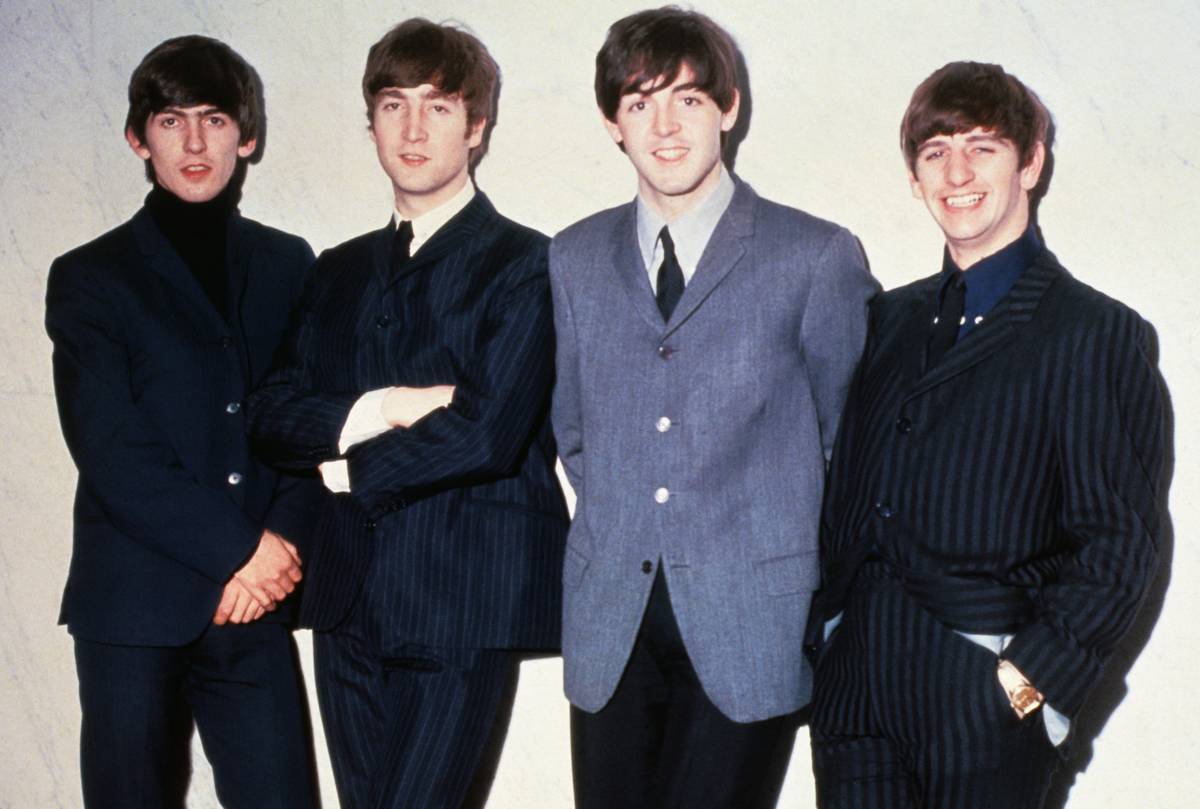
The Beatles revolutionized the recording industry with groundbreaking techniques that are now standard practices. Their use of multi-track recording at Abbey Road Studios allowed them to experiment with complex arrangements, and their innovative use of tape loops and backward recording paved the way for the psychedelic sound of the late ’60s.
The Beatles’ creativity in the studio was matched by their ability to craft catchy, enduring songs that captured the spirit of a generation.
Jimi Hendrix: Master of the Electric Guitar
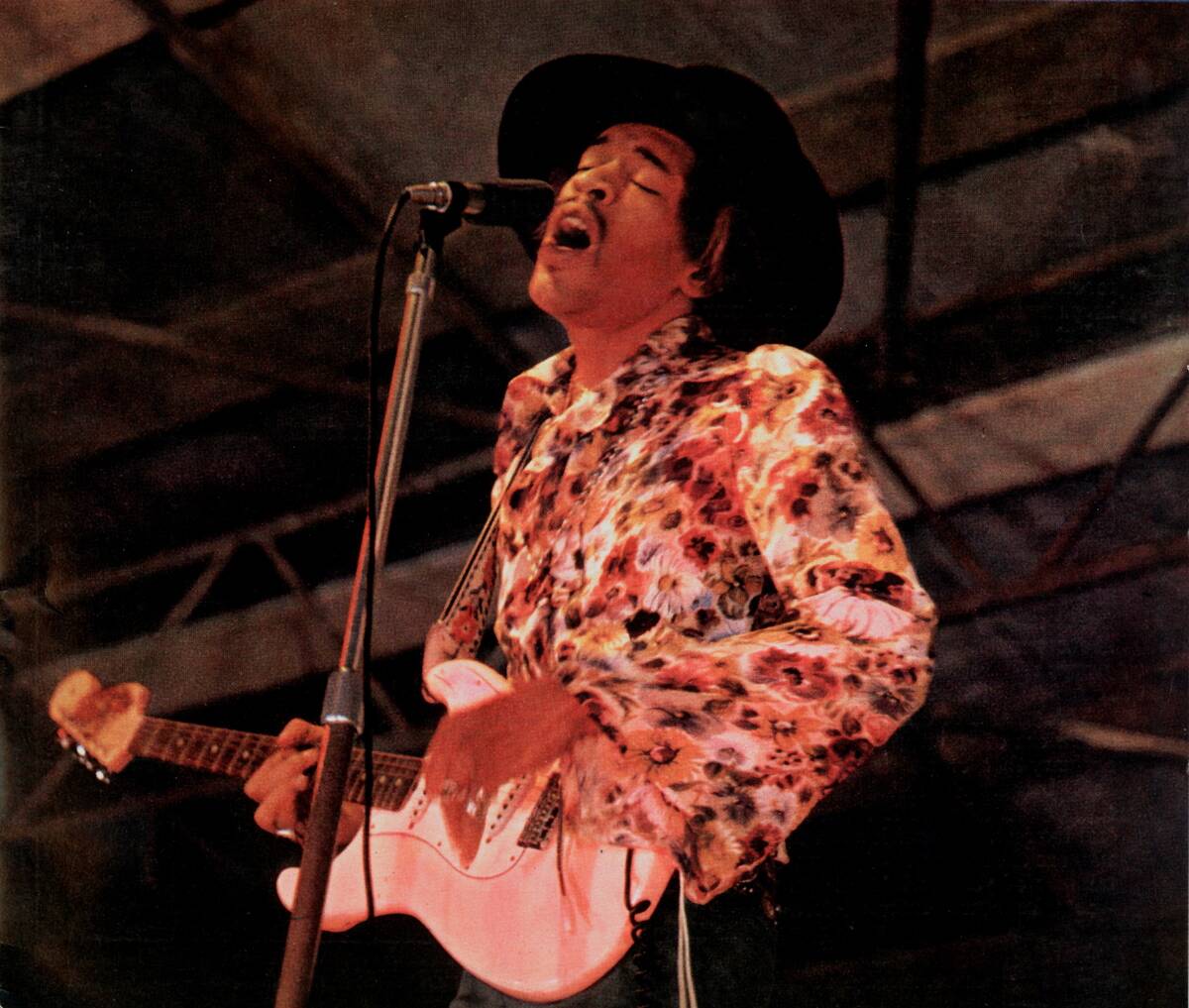
Jimi Hendrix’s unparalleled skill on the electric guitar redefined the instrument’s role in rock music. Known for his wild performances and innovative techniques, such as feedback and wah-wah, Hendrix pushed the boundaries of what was musically possible.
His legendary performance at Woodstock in 1969, including his iconic rendition of “The Star-Spangled Banner,” remains a defining moment in rock history. Hendrix’s influence can still be heard in the playing styles of countless guitarists today.
Aretha Franklin: The Queen of Soul’s Vocal Power
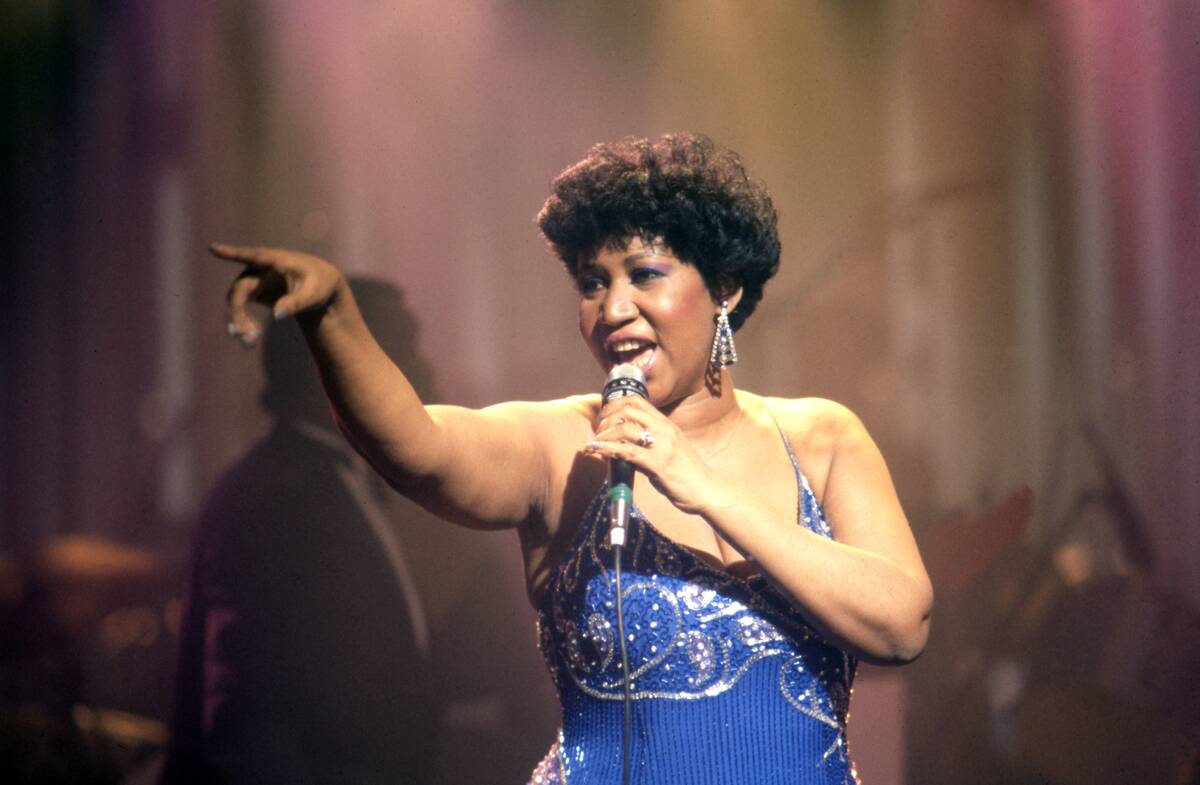
Aretha Franklin’s powerful voice and emotive performances earned her the title of the “Queen of Soul.” Her ability to convey deep emotion and connect with her audience was unparalleled, evident in hits like “Respect” and “(You Make Me Feel Like) A Natural Woman.”
With a career spanning over six decades, Franklin’s influence extends beyond her music, as she was also an important figure in the civil rights movement, using her platform to advocate for equality and justice.
Led Zeppelin: Innovators of Hard Rock and Heavy Metal
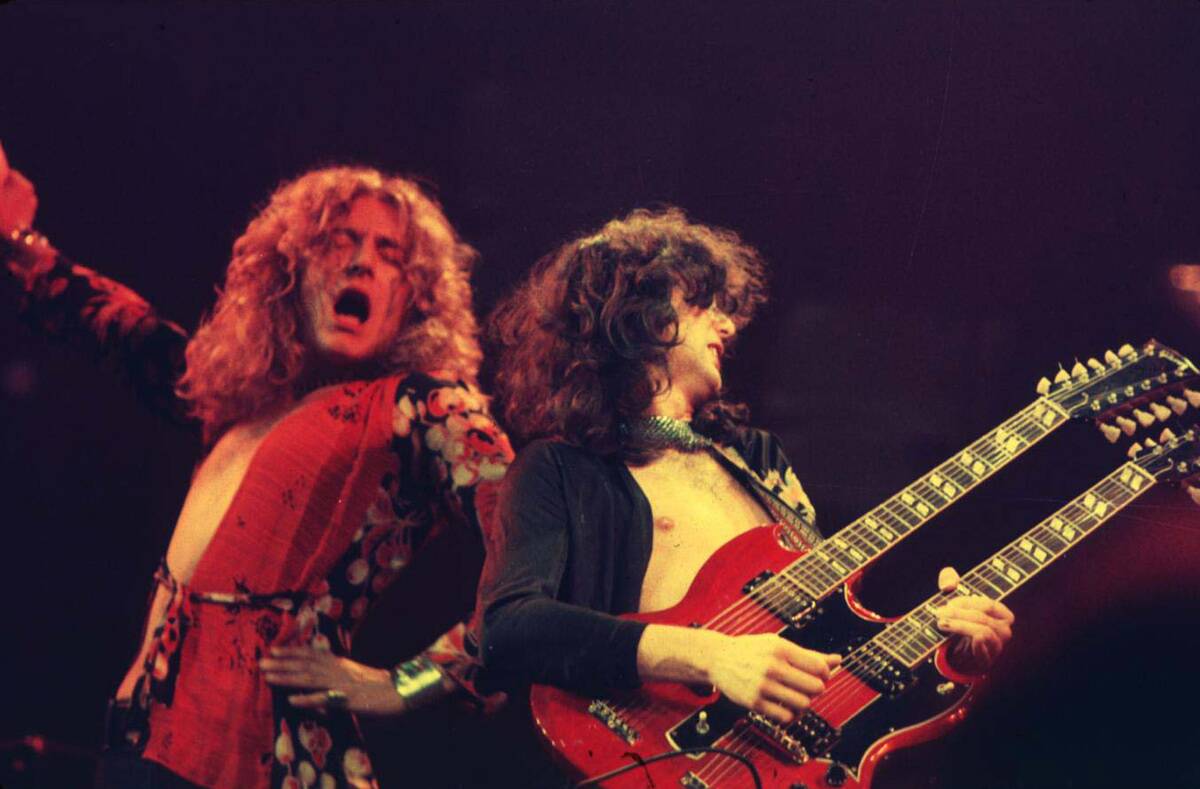
Led Zeppelin’s fusion of blues, rock, and folk influences created a sound that laid the groundwork for hard rock and heavy metal. Known for their epic live performances, the band’s use of powerful riffs, as seen in “Whole Lotta Love” and “Stairway to Heaven,” became a blueprint for future rock musicians.
Led Zeppelin’s legacy is not only in their music but also in their approach to album-oriented rock, emphasizing cohesive, thematic albums over singles.
Bob Dylan: Lyricism That Changed the World
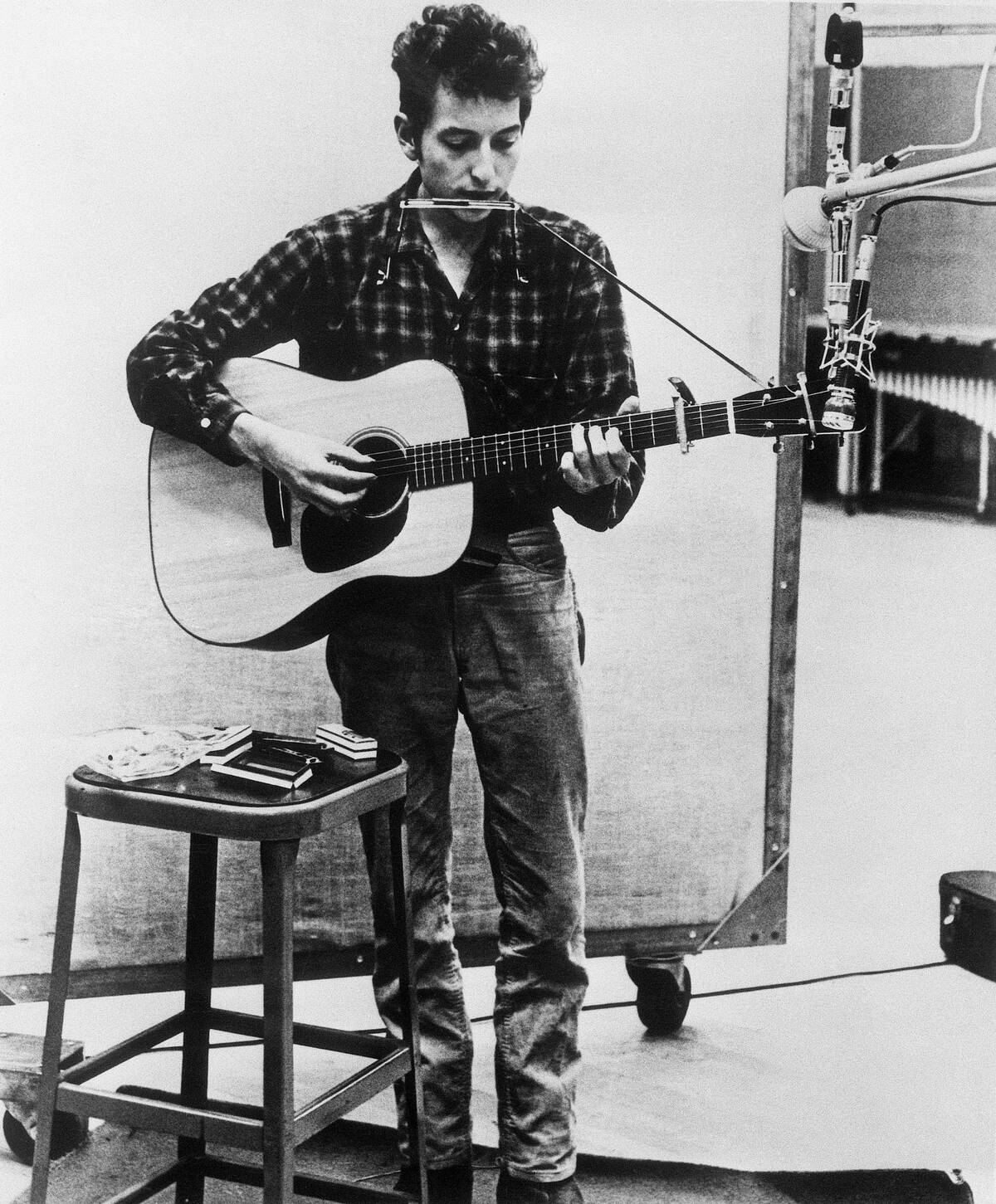
Bob Dylan’s profound lyrics and unique voice made him one of the most influential songwriters of the 20th century. His ability to blend folk traditions with contemporary themes led to songs like “Blowin’ in the Wind” and “The Times They Are a-Changin’,” which became anthems of the civil rights and anti-war movements.
Dylan’s Nobel Prize in Literature in 2016 recognized his impact on modern culture, showcasing the power of lyrics as a form of storytelling and social commentary.
The Beach Boys: Harmonies That Defined an Era
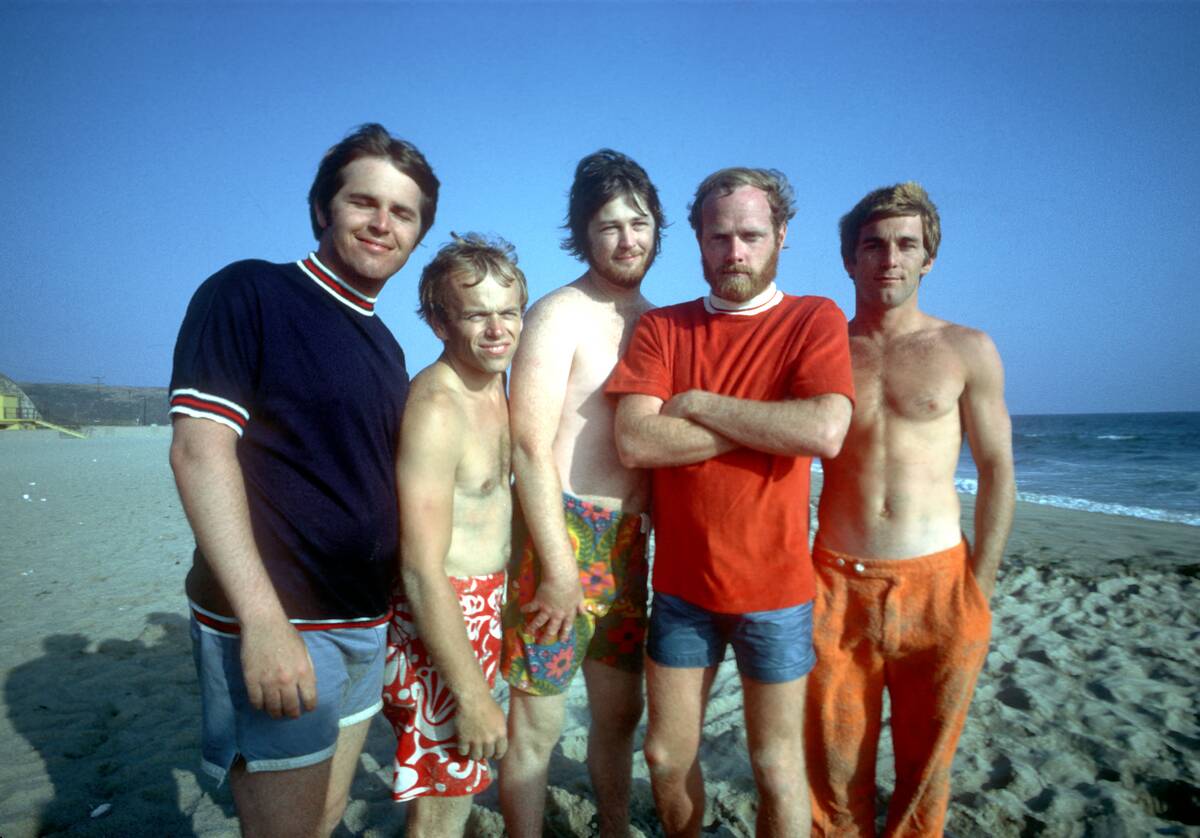
The Beach Boys captured the essence of California’s surf culture with their intricate harmonies and catchy melodies. Brian Wilson’s innovative production techniques on albums like “Pet Sounds” introduced new levels of sophistication to pop music.
Songs such as “Good Vibrations” and “Wouldn’t It Be Nice” showcase their ability to blend complex arrangements with accessible, feel-good vibes, influencing countless artists from The Beatles to modern indie pop bands.
David Bowie: Reinventing Stage Presence and Persona
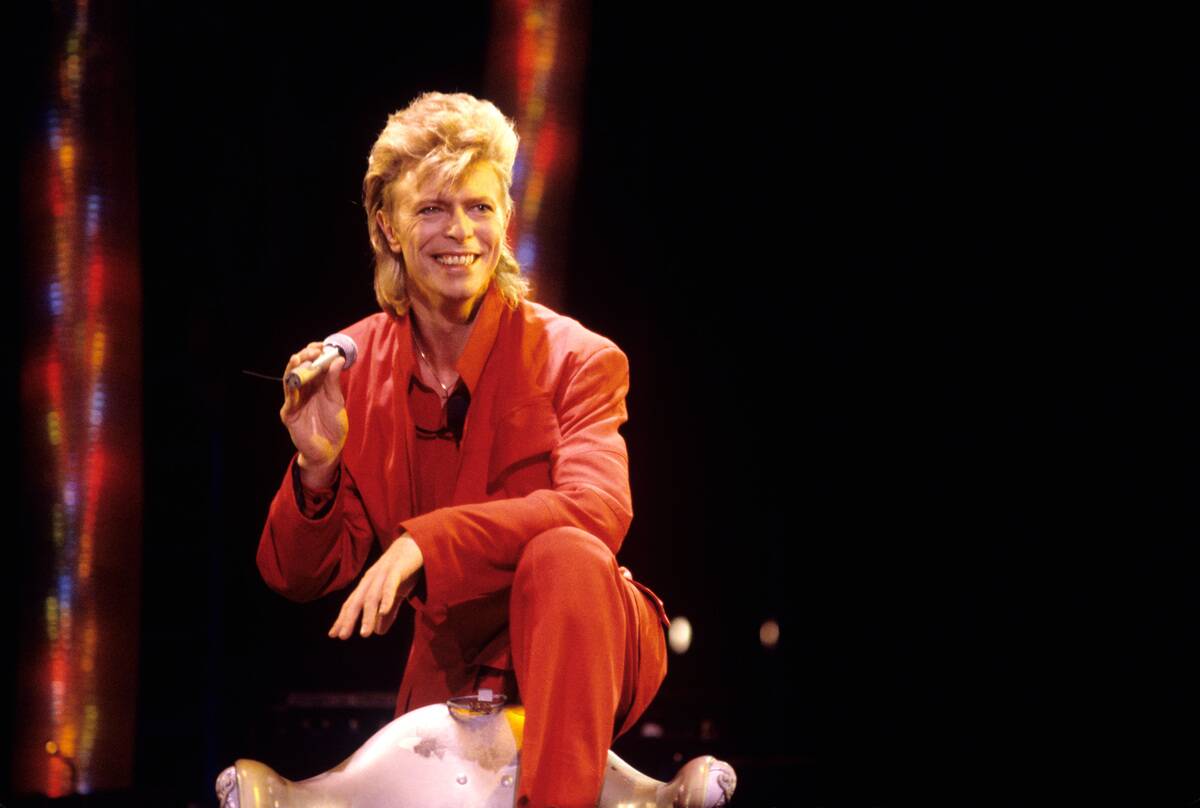
David Bowie’s chameleon-like ability to reinvent himself kept him at the forefront of music for decades. His alter ego, Ziggy Stardust, challenged gender norms and redefined what it meant to be a rock star.
Bowie’s theatrical live performances and genre-spanning music, from glam rock to soul and electronic, inspired artists to explore new creative territories. His influence is evident in the way contemporary musicians approach performance and image, emphasizing the art of reinvention.
Pink Floyd: Soundscapes and Concept Albums
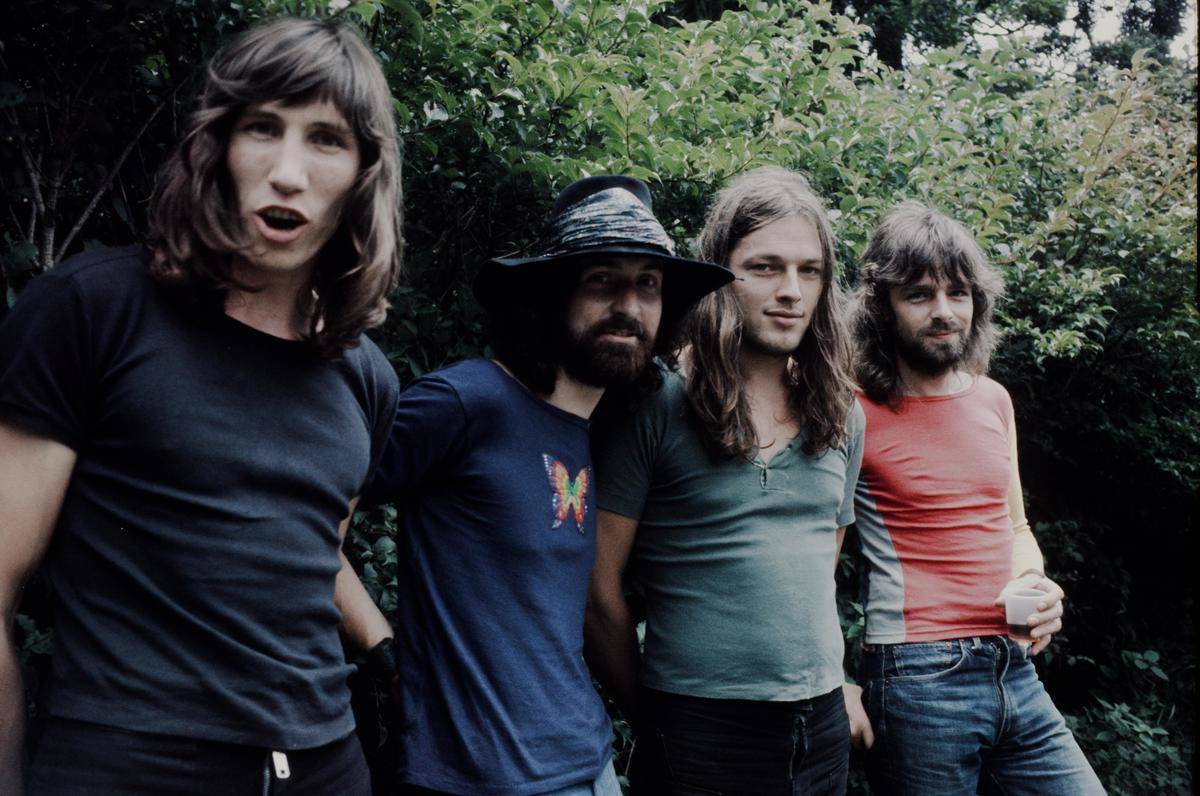
Pink Floyd’s pioneering approach to music was marked by their use of elaborate soundscapes and concept albums. The band’s groundbreaking album, “The Dark Side of the Moon,” remains one of the best-selling albums of all time, known for its seamless flow and thematic coherence.
Pink Floyd’s integration of visual elements in their live shows set a new standard for concert experiences, blending music and art in a way that captivated audiences worldwide.
James Brown: The Godfather of Funk and Rhythm
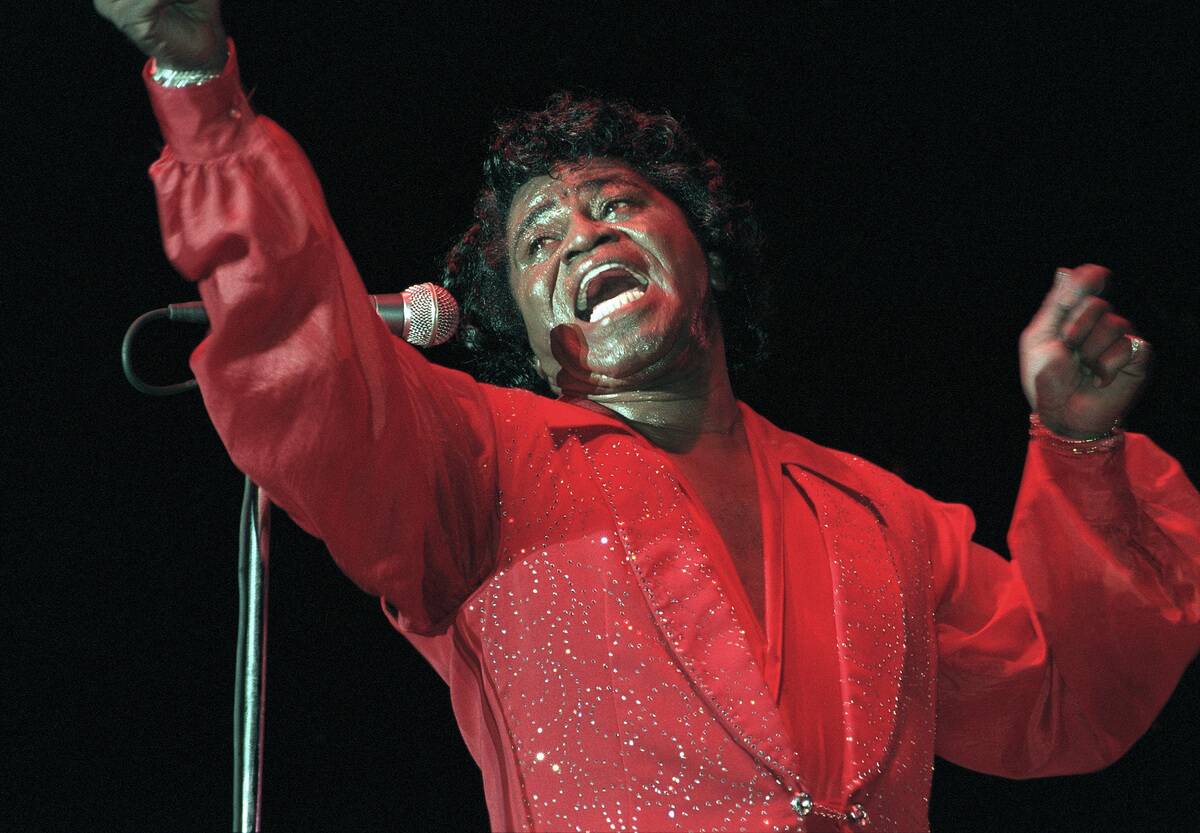
James Brown’s energetic performances and innovative rhythms earned him the title of the “Godfather of Funk.” Known for his dynamic stage presence, Brown’s music emphasized the groove, laying the foundation for funk and influencing later genres like hip-hop and R&B.
His hit song “I Got You (I Feel Good)” is a testament to his ability to create infectious, danceable music. Brown’s impact extends beyond music, as he was also a symbol of black pride and empowerment.
Stevie Wonder: Multi-Instrumentalist and Producer Extraordinaire
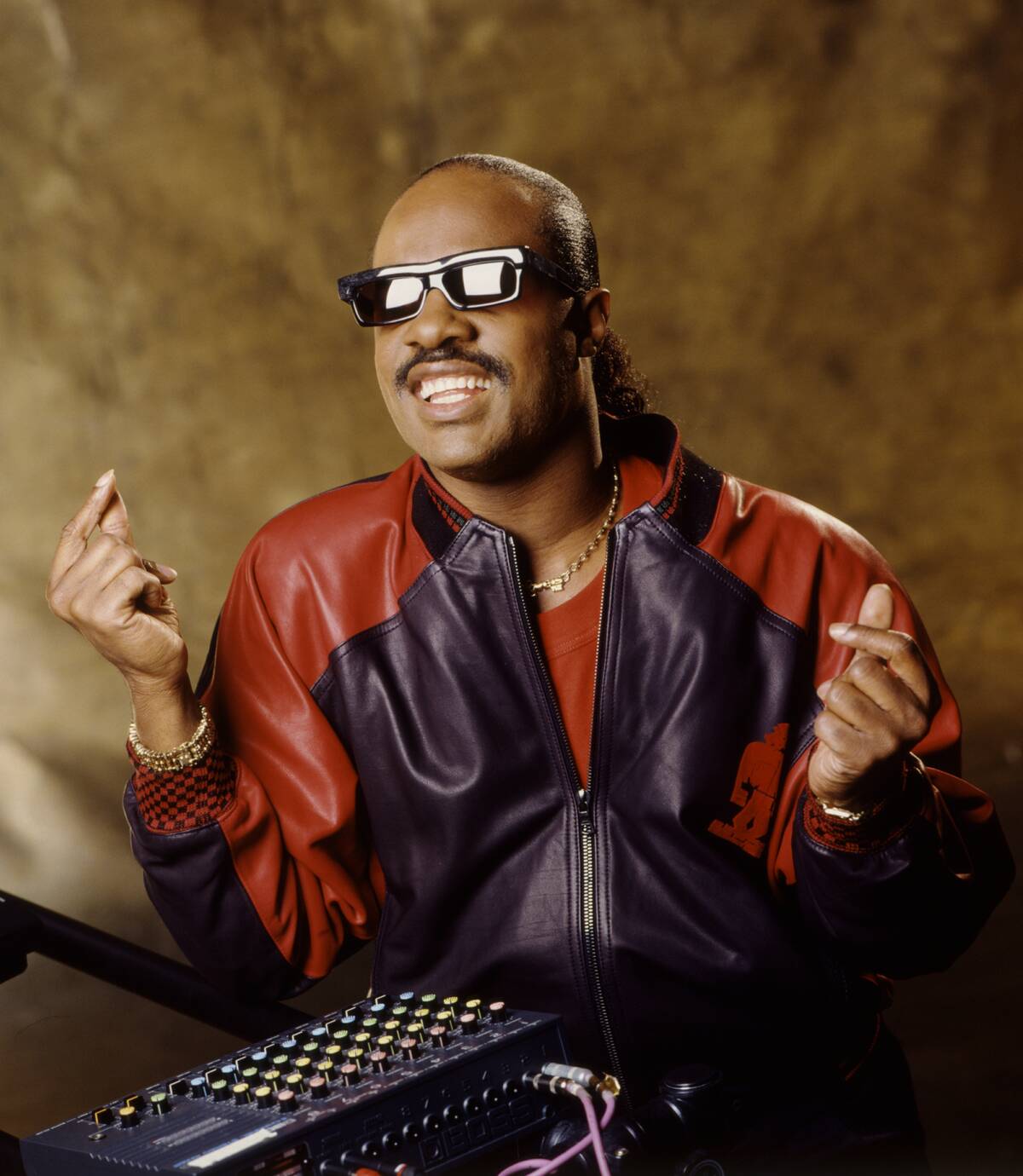
Stevie Wonder’s extraordinary talent as a multi-instrumentalist and producer has made him a beloved figure in music. Blind from a young age, Wonder’s ability to play multiple instruments and produce his own music is nothing short of remarkable.
Albums like “Songs in the Key of Life” showcase his genius for creating rich, textured sounds and socially conscious lyrics. Wonder’s influence is evident in the way he seamlessly blends genres, from soul and R&B to pop and jazz.
Queen: Theatricality and Operatic Rock
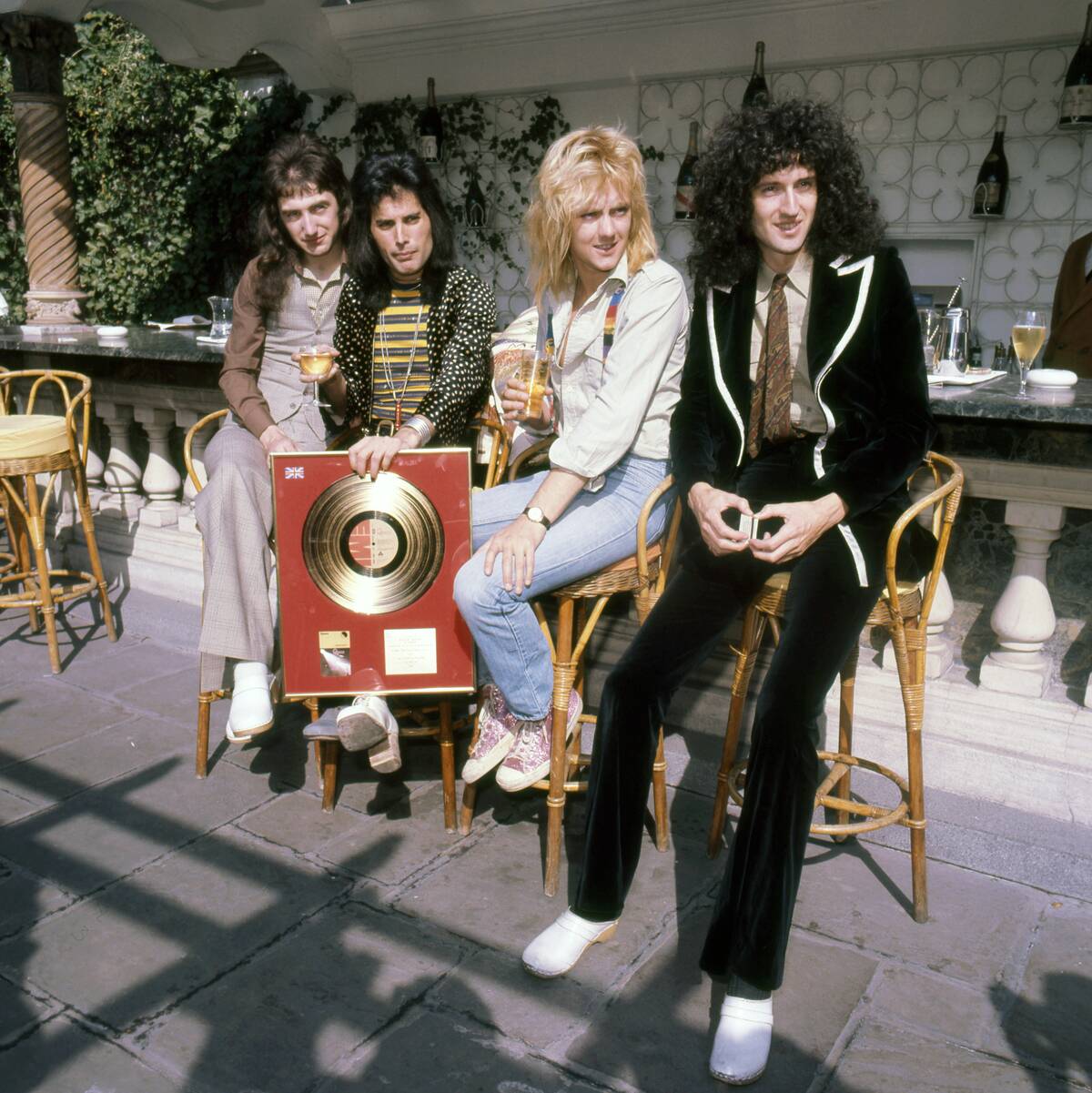
Queen’s unique blend of theatricality and rock transformed the music scene in the 1970s. Frontman Freddie Mercury’s powerful voice and charismatic stage presence helped the band craft unforgettable live performances.
Their classic hit “Bohemian Rhapsody” broke conventional song structures, combining opera, rock, and ballad elements into a single track. Queen’s emphasis on elaborate stage shows and genre-blending music continues to influence artists who seek to push musical and performance boundaries.
The Rolling Stones: Crafting Iconic Riffs and Stage Showmanship
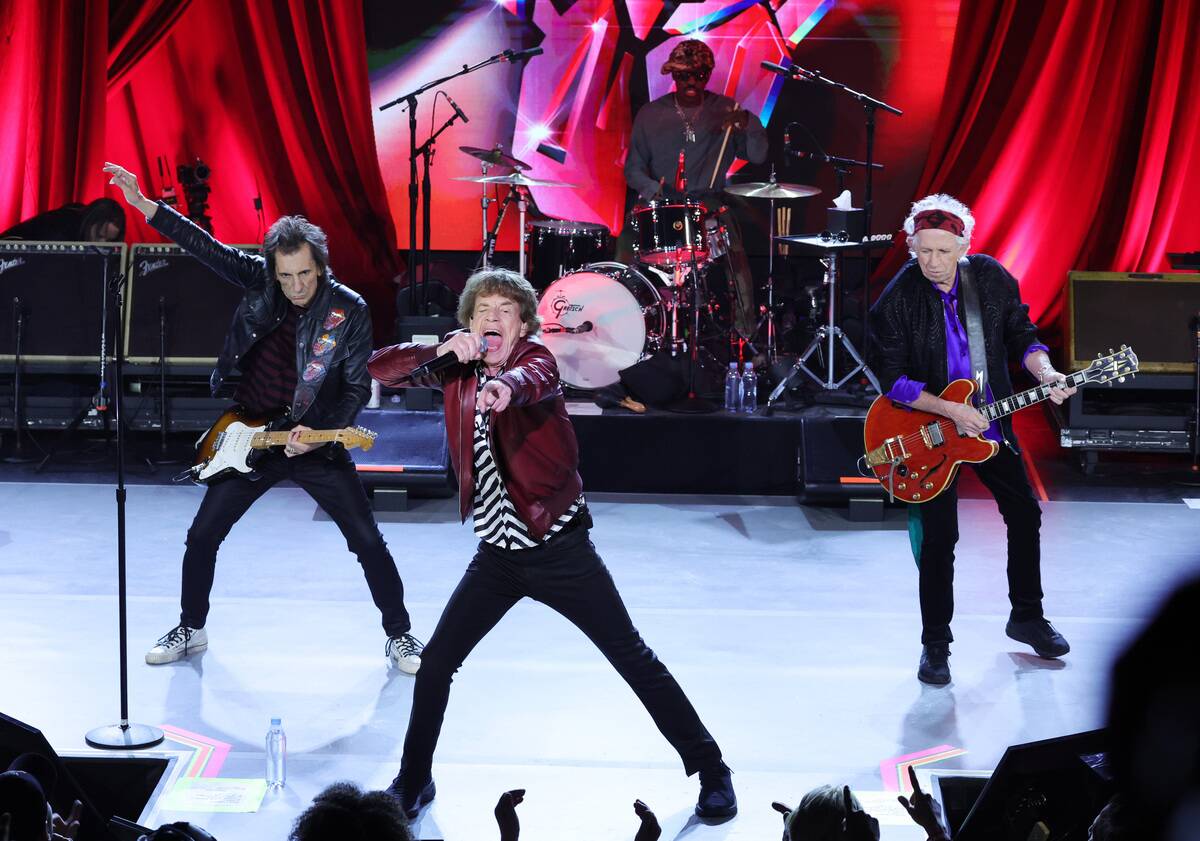
The Rolling Stones’ knack for crafting unforgettable guitar riffs and their energetic live performances have cemented them as rock legends. Songs like “(I Can’t Get No) Satisfaction” and “Paint It Black” feature some of the most recognizable riffs in rock history.
Known for their rebellious image, the Stones’ onstage charisma captivated audiences worldwide. Their endurance as a band for over five decades speaks to their ability to evolve while maintaining their iconic sound and style.
Fleetwood Mac: Layered Sound and Emotional Storytelling
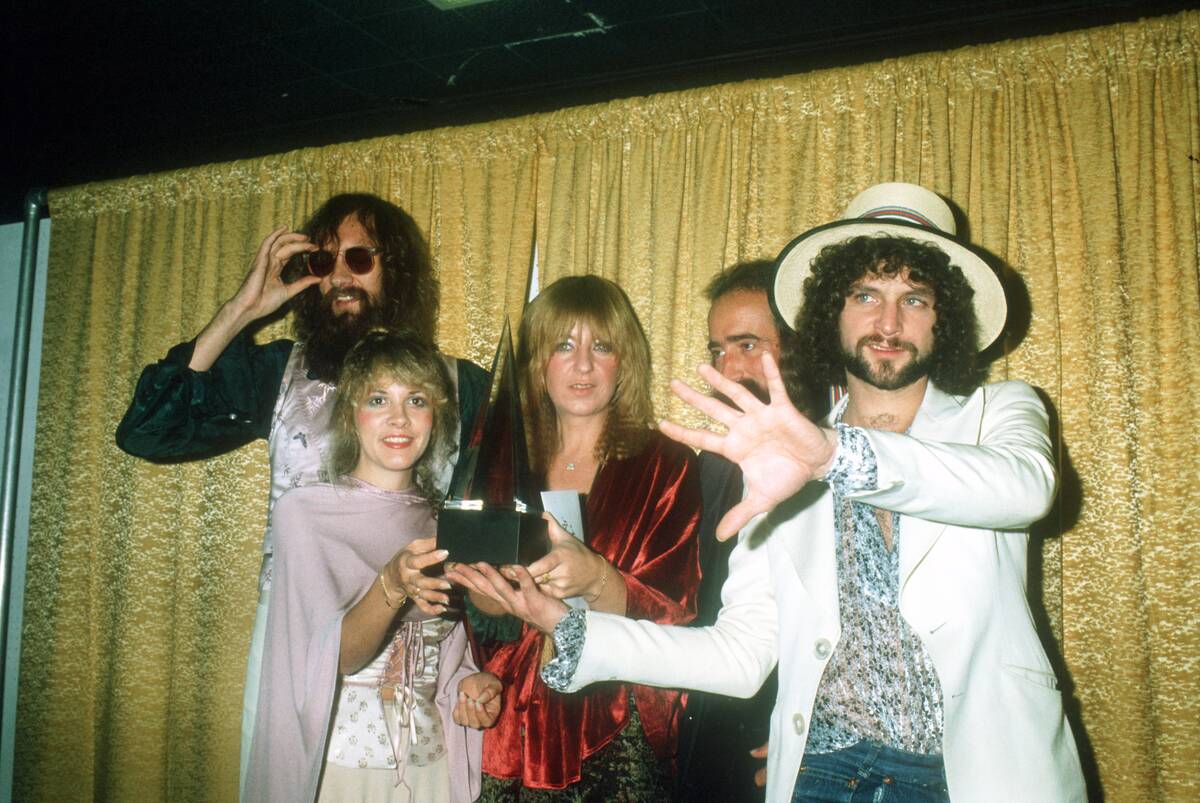
Fleetwood Mac’s intricate harmonies and emotionally charged lyrics have made them a staple of rock music. Their album “Rumours” is often hailed as one of the greatest albums of all time, with songs like “Go Your Own Way” and “Dreams” addressing personal and relational turmoil with raw honesty.
The band’s ability to blend rock, pop, and folk elements into a cohesive sound has influenced many artists who strive for emotional depth and storytelling in their music.
Prince: Genre-Blending and Instrumental Mastery
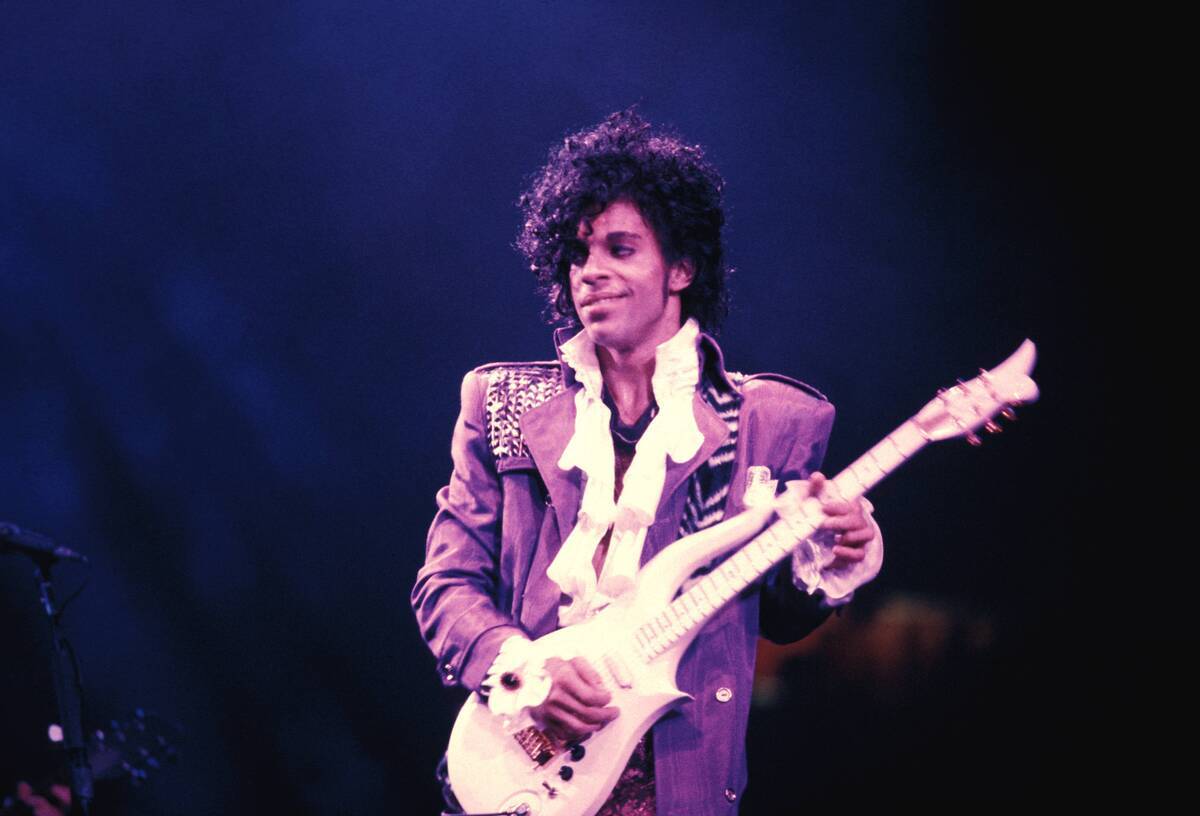
Prince’s unparalleled musicianship and genre-blending talents made him one of the most innovative artists in music history. Known for his virtuosic guitar skills and ability to play multiple instruments, Prince created a unique sound that combined elements of funk, rock, pop, and R&B.
His album “Purple Rain” remains a cultural milestone, showcasing his ability to craft songs that are both commercially successful and artistically daring. Prince’s legacy continues to inspire artists to defy genre boundaries.
The Clash: The Art of Punk and Political Commentary
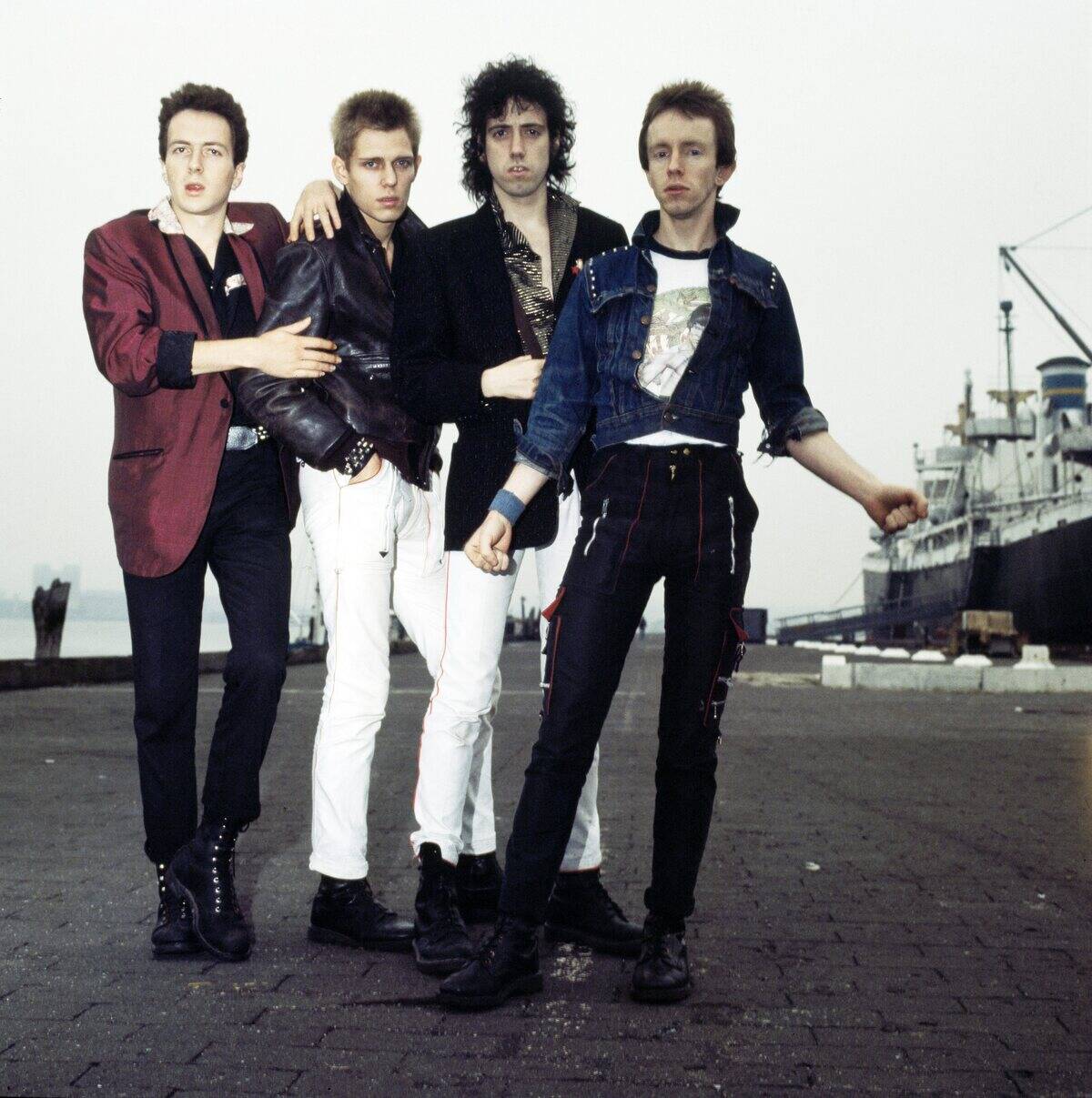
The Clash were pioneers of punk rock, known for their rebellious spirit and politically charged lyrics. Their album “London Calling” is often cited as one of the greatest punk albums, blending elements of reggae, rockabilly, and ska with socially conscious themes.
The Clash’s music addressed issues of inequality, racial tension, and political unrest, resonating with listeners who sought music that was both thought-provoking and energizing. Their influence can still be felt in punk and alternative music scenes.
Carole King: Songwriting Genius and Emotional Connection

Carole King’s songwriting talent has left a lasting impact on the music industry, with her ability to convey deep emotion through her lyrics and melodies. Her album “Tapestry” is a masterpiece of the singer-songwriter genre, featuring hits like “It’s Too Late” and “You’ve Got a Friend.”
King’s work has been covered by countless artists, highlighting her influence on subsequent generations of musicians. Her songs continue to connect with audiences, showcasing the power of heartfelt storytelling.
Elton John: Showmanship and Melodic Craftsmanship

Elton John’s flamboyant stage presence and knack for crafting memorable melodies have made him a beloved figure in music. With a career spanning over five decades, John has produced numerous hits, such as “Your Song” and “Rocket Man,” showcasing his talent for creating timeless music.
His collaborations with lyricist Bernie Taupin have resulted in some of the most enduring songs in pop history. John’s influence extends beyond music, as he has also been a vocal advocate for LGBTQ+ rights.
The Doors: Psychedelic Rock and Poetic Mystique

The Doors’ blend of psychedelic rock and poetic lyrics created a unique sound that captivated audiences in the late 1960s. Frontman Jim Morrison’s enigmatic persona and deep, introspective lyrics contributed to the band’s mystique.
Songs like “Light My Fire” and “Riders on the Storm” showcase their ability to create atmospheric, immersive music. The Doors’ influence can still be heard in the work of artists who explore the boundaries of rock and poetry in their music.
AC/DC: Power Chords and Timeless Rock Anthems

AC/DC’s high-energy performances and straightforward rock sound have made them a staple in rock music. Known for their use of powerful power chords and catchy choruses, the band’s hits like “Highway to Hell” and “Back in Black” have become anthems for rock fans around the world.
AC/DC’s influence is evident in the way they have inspired countless bands to embrace the raw, unfiltered energy of rock and roll, proving that simplicity can be profoundly impactful.



